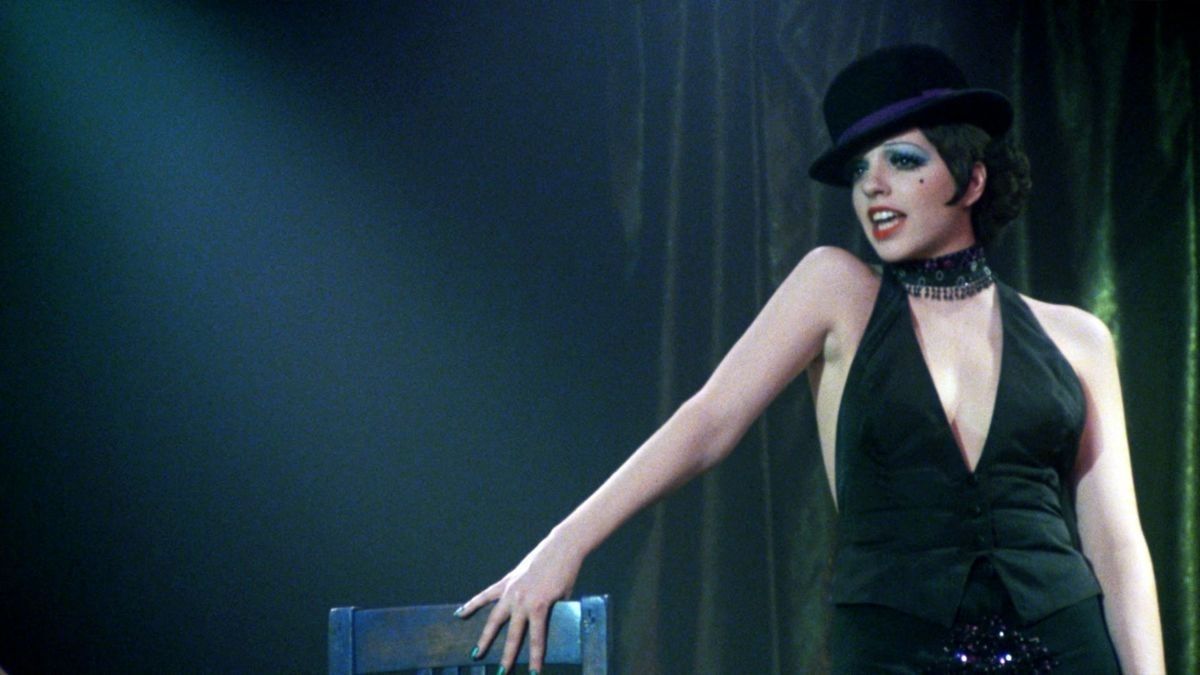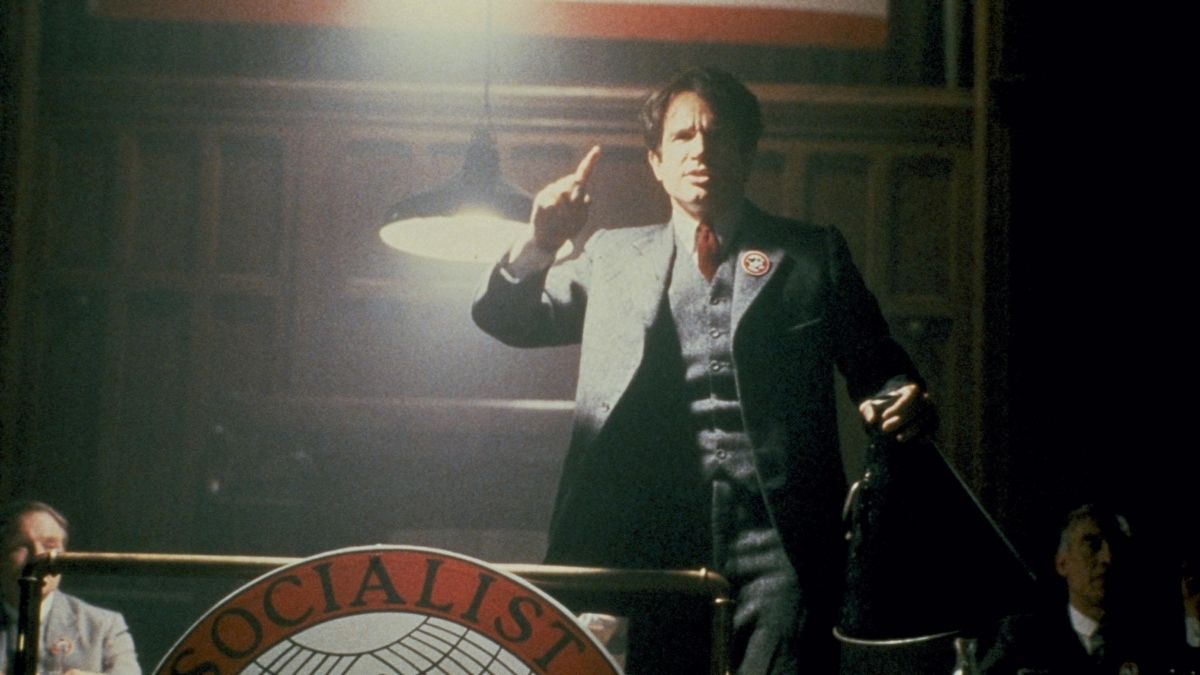Lars von Trier
Jack Monologues
The old cathedrals often have sublime artworks hidden away in the darkest corners for only God to see. The same goes for murder.
Some people claim that the atrocities we commit in our fiction are those inner desires which we cannot commit in our controlled civilization, so they're expressed instead through our art. I don't agree. I believe Heaven and Hell are one and the same. The soul belongs to Heaven and the body to Hell.
If you feel like screaming, I definitely think that you should.
You know, there is something that has been bothering Mr. Sophistication for quite a bit. And perhaps it's more interesting to him than it would be to you. But to be honest, he's pretty fucking pissed when he thinks about it. Why is it always the man's fault? No matter where you go, it's like you're some sort of wandering guilty person without even having harmed a simple kitten. I actually get sad when I think about it. If one is so unfortunate as to have been born… male, then you're also born guilty. Think of the injustice in that. Women are always the victims, right? And men, they're always the criminals.
Don't look at the acts, look at the works.
Imagine a man walking down a street underneath the street lamps. Right under a lamp, is shadow is the densest but also the tiniest. Then, when he starts to move, his shadow grows in front of him. The shadow becomes bigger and bigger while it thins out. And the shadow behind him from the next lamp post emerges and becomes shorter and shorter until it reaches its ultimate density, as the man stands directly underneath the light. Let's say that the man standing underneath the first lamp post is me when I've just committed a murder. I feel strong and content. I start to walk, and the shadow in front of me grows bigger, like my pleasure. But at the same time, pain is on its way, represented by the shadow behind me from the next lamp post. And at the midpoint between the lamp posts, the pain is so great it outweighs my pleasure. And with every step forward, pleasure dissolves and pain intensifies behind me. Finally, the pain is so unbearably intense that I have to act. So when I reach the point with the next lamp in zenith, I will kill again.
Albert Speer invented "The Theory of Ruin Value" by examining the Greek and Roman ruins, and constructed his buildings using both weaker and stronger materials so that they, in a thousand years, would appear as aesthetically perfect ruins.
But an artist must be cynical and not worry about the welfare of humans or Gods in his art. This talks about the value of ruins makes it too obvious, not to mention, another subject. The value of icons.
The Stuka. Without a doubt the world's most beautiful airplane and to top it off featuring an eerily sophisticated detail. I'm sure you know what I'm talking about.
The Stuka was a dive-bomber. They say that the pilots actually passed out for a brief moment during the actual dive.
Fantastic. Incomparable. Notice the sound when the plane dives.
Poor design? Please. On the contrary, the screeching was intrinsic: sirens were attached to the undercarriage of the plane purposely designed as a psychological act of war. No one who heard it in action will ever forget that sound. It made the blood run cold in everyone's veins. Known as Jericho's Trumpet.
No, more than a masterpiece. An icon. The person or persons, who conceived the Stuka and its functions were icon-creators. What I'm getting at is this: As disinclined as the world is to acknowledge the beauty of decay it's just as disinclined to give credit to those... no, credit to us, who create the real icons of this planet. We are deemed the ultimate evil. All the icons that have had and always will have an impact in the world are for me extravagant art.
I can tell you're lapping it up when I tell you about Mr. Sophistication: "So, Jack hears voices that order him to do this, or do that, Jack must be psychotic!". I loathe diagnoses you can just write down in letters.
Religion has ruined human beings, because your God teaches people to deny the tiger in themselves. Turns us all into a throng of slaves, too shameful to acknowledge it.
Narrator Monologues
How could she ever hate them for what was at bottom merely their weakness? She would probably have done things like those that had befallen her if she had lived in one of these houses. To measure them by her own yardstick, as her father put it. Would she not, in all honesty, have done the same as Chuck and Vera and Ben and Mrs Henson and Tom and all these people in their houses? Grace paused and as she did, the clouds scattered and let the moonlight through, and Dogville underwent another of those little changes of light. It was as if the light previously so merciful and faint finally refused to cover up for the town any longer. Suddenly, you could no longer imagine a berry that would appear one day on a gooseberry bush, but only see the thorn that was there right now. The light now penetrated every unevenness and flaw in the buildings and in the people. And all of a sudden, she knew the answer to her question all too well. If she had acted like them, she could not have defended a single one of her actions and could not have condemned them harshly enough. It was as if her sorrow and pain finally assumed their rightful place. No. What they had done was not good enough. And if one had the power to put it to rights, it was one's duty to do so - for the sake of other towns, for the sake of humanity and not least, for the sake of the human being that was Grace herself.
Whether Grace left Dogville, or on the contrary Dogville had left her - and the world in general - is a question of a more artful nature that few would benefit from by asking, and even fewer by providing an answer. And nor indeed will it be answered here.
Grace paused. And while she did, the clouds scattered and let the moonlight through and Dogville underwent another of those little changes of light. It was if the light, previously so merciful and faint, finally refused to cover up for the town any longer. Suddenly you could no longer imagine a berry that would appear one day on a gooseberry bush, but only see the thorn that was there right now. The light now penetrated every unevenness and flaw in the buildings and… in the people! And all of a sudden she knew the answer to her question all too well: if she had acted like them, she could not have defended a single one of her actions and could not have condemned them harshly enough.
It was not Grace's pride that kept her going during the days when fall came and the trees were losing their leaves, but more of a trance like state that descends on animals whose lives are threatened - a state in which the body reacts mechanically in a low tough gear, without too much painful reflection. Like a patient passively letting his disease hold sway.
And then it was as if Dogville just waited. Even the wind dropped, leaving the town in an unfamiliar calm. As if somebody had put a large cheese dish cover over it, and created the kind of quietness that descends while you're awaiting visitors.
This is the sad tale of the township of Dogville. Dogville was in the Rocky Mountains in the US of A, up here where the road came to its definitive end, near the entrance to the old abandoned silver mine. The residents of Dogville were good honest folks, and they liked their township. And while a sentimental soul from the East Coast had once dubbed their main street Elm Street, though no elm had ever cast its shadow in Dogville, they saw no reason to change anything. Most of the buildings were pretty wretched, more like shacks, frankly. The house in which Tom lived was the best, though, and in good times, might almost have passed for presentable. That afternoon, the radio was playing softly, for in his dotage, Thomas Edison senior had developed a weakness for music of the lighter kind.
It was as if the light, previously so merciful and faint, finally refused to cover up for the town any longer. Suddenly you could no longer imagine a berry that would appear one day on a gooseberry bush, but only see the thorn that was there right now. The light now penetrated every unevenness and floor in the buildings and… in the people.
If forgiveness was close at hand in the mission house, they were all hiding it well. It hadn't been easy for Tom to get them there. Appealing to consciences stowed farther and farther away by their owners every day, as if they were as fragile as Henson's glasses after polishing, proved quite a task. But if one was going, the others might as well come along too, so nobody could talk behind anybody's back.



